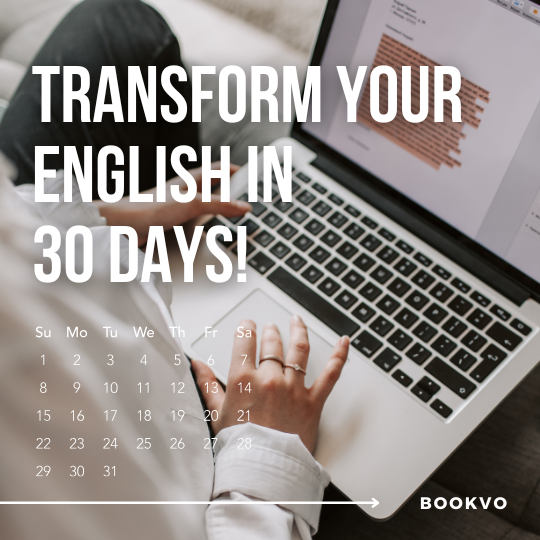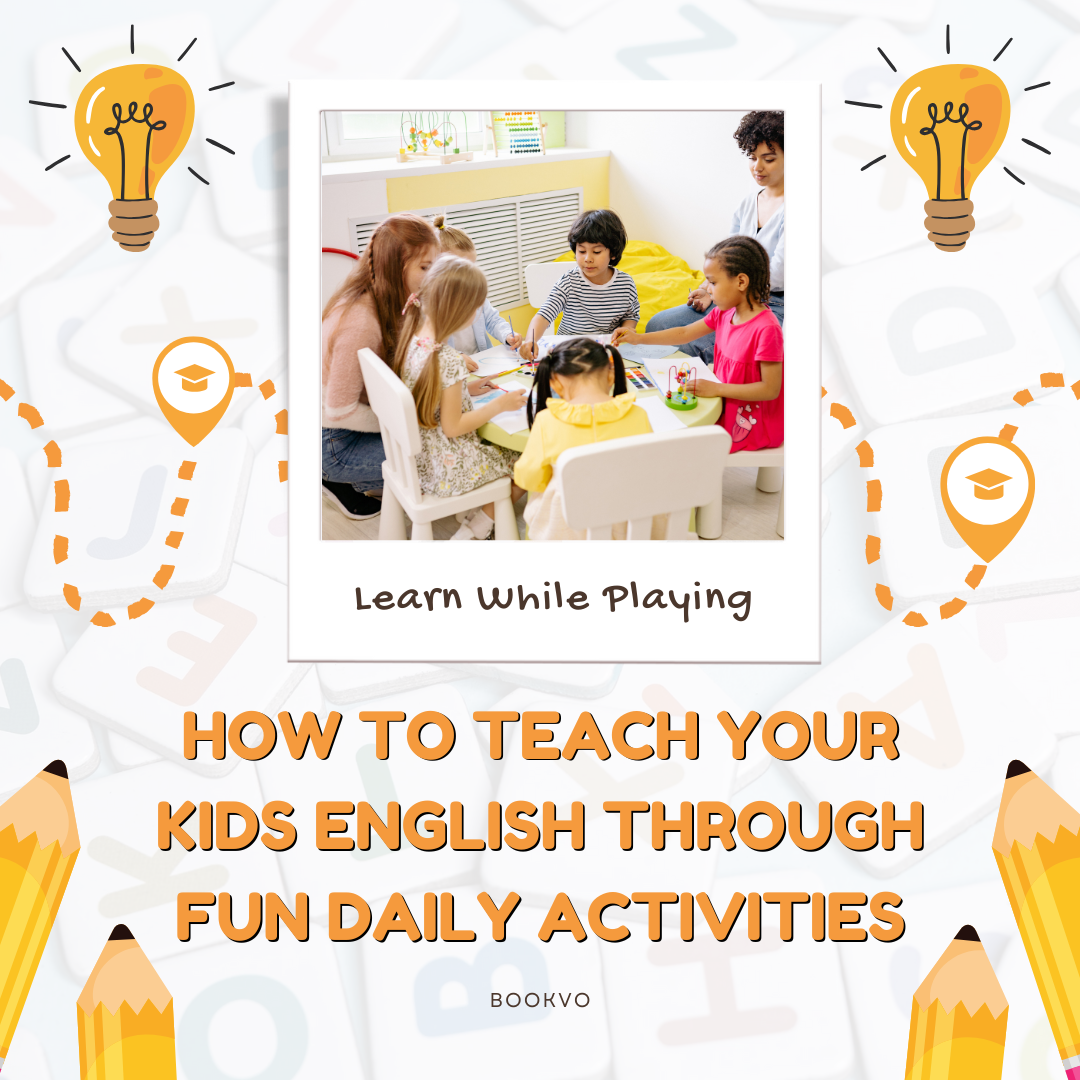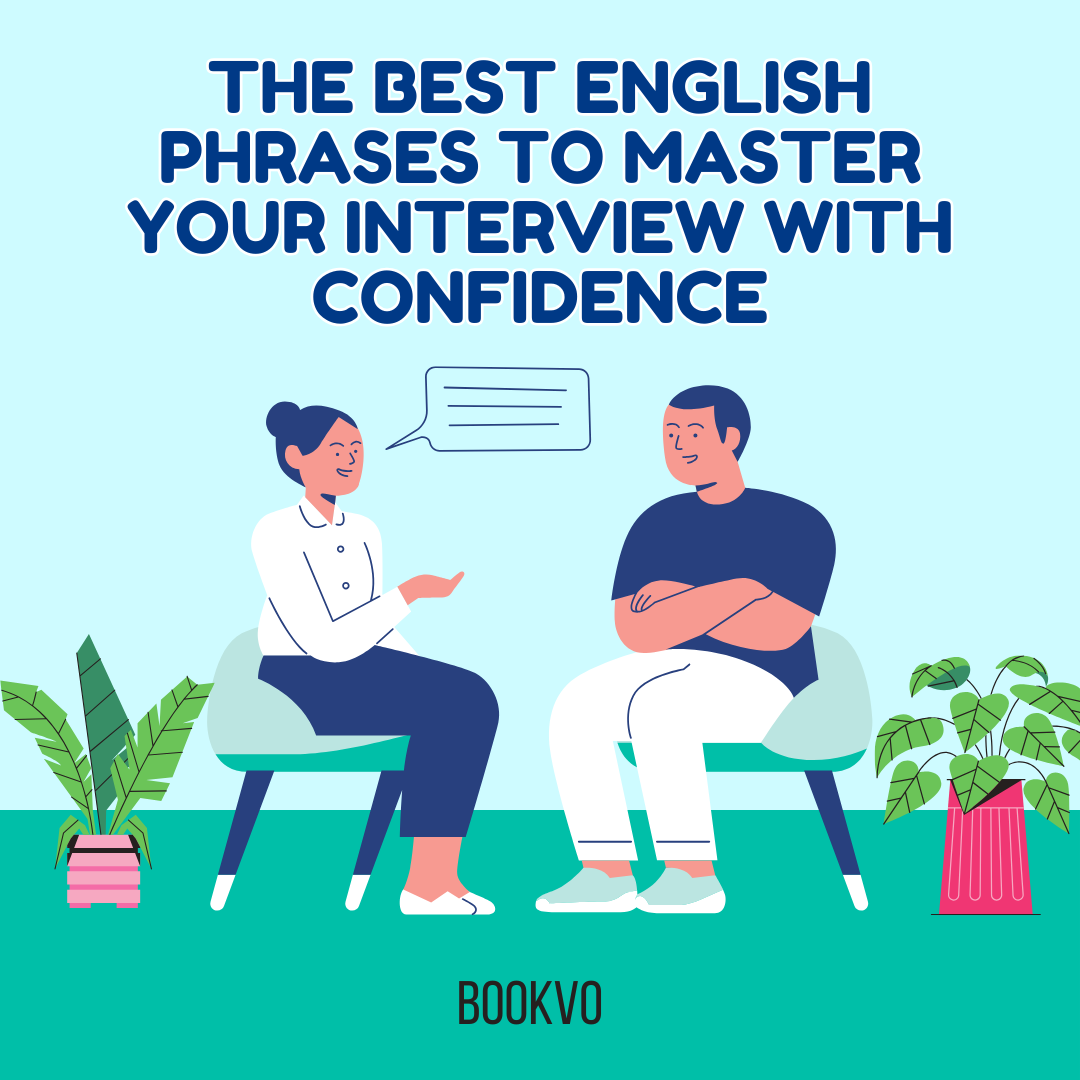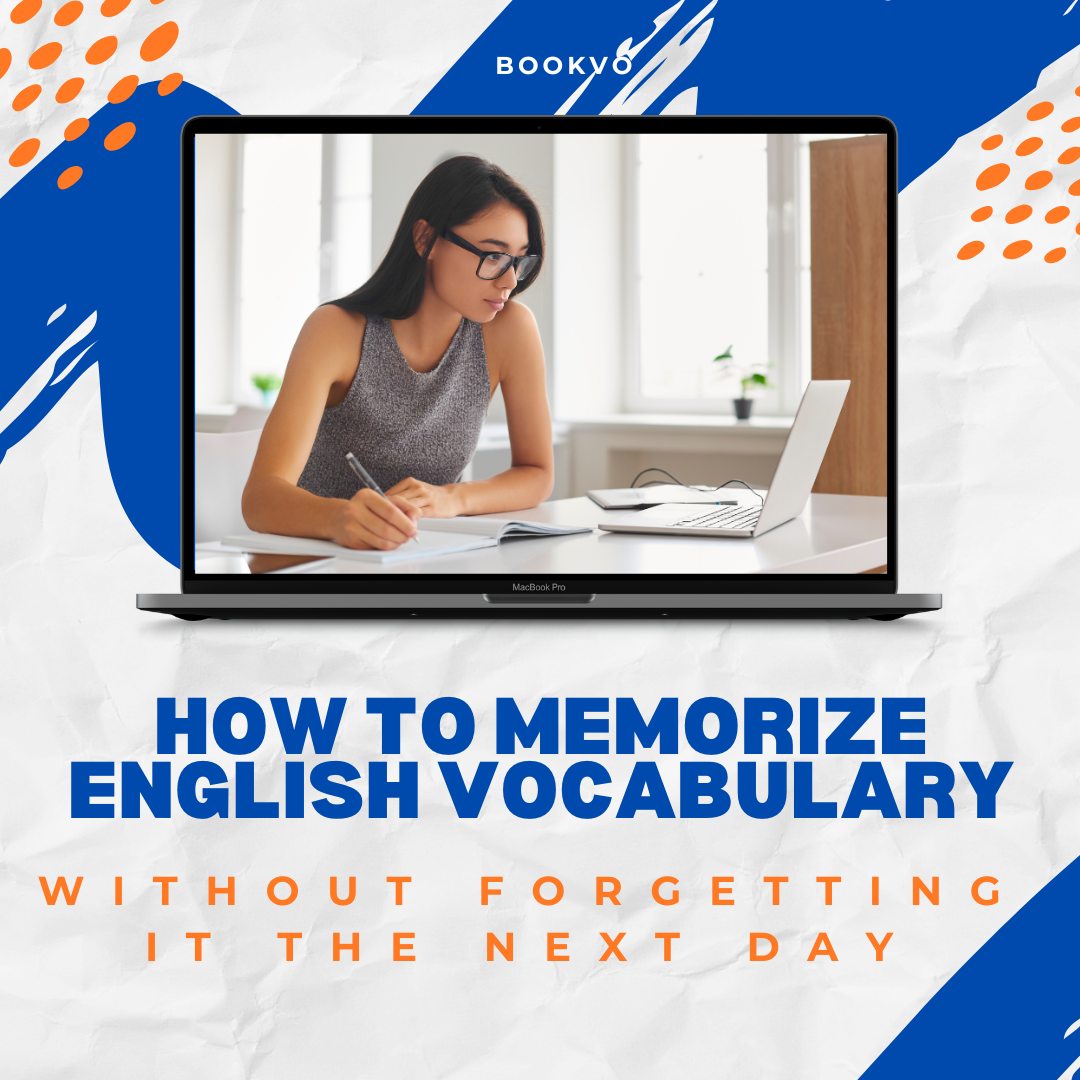Writing emails in English can be intimidating, especially when you want to sound professional, friendly, or confident. Whether you’re emailing a colleague, applying for a job, or catching up with a friend, the right phrasing can make a big difference. But where can you learn to write emails that feel natural and effective? The answer might surprise you—famous memoirs! In this article, we’ll explore how memoirs like Becoming by Michelle Obama and Shoe Dog by Phil Knight can teach you to craft perfect emails in English. We’ll share practical phrases, inspired by these books, and show you how to use them in real-life situations. Let’s dive in and elevate your email game!
Read our other articles:
Speak Confidently at Work: English Phrases Inspired by Business Books
Master English on Autopilot: How AI Can Help You Learn Faster
Why Memoirs Are a Secret Weapon for Email Writing
Memoirs offer a unique glimpse into how real people communicate in various contexts—whether it’s a formal letter to a colleague or a heartfelt note to a loved one. These books are packed with authentic English expressions that you can adapt for your emails. Plus, they show you how tone and word choice can change depending on the situation. By reading memoirs, you’ll not only improve your writing skills but also learn to express yourself with confidence. With Bookvo, you can access these memoirs in English, read them to understand the context, and listen to audiobooks to pick up on the tone and intonation behind the words.
1. Setting the Right Tone in Formal Emails
Formal emails, like those for job applications or professional requests, require a polite and respectful tone. In Becoming by Michelle Obama, the author shares how she communicated with colleagues at her law firm, often starting her messages with a professional greeting that set a collaborative tone.
Memoir Example: “I wanted to follow up on the project we discussed last week.” How to Use It: This phrase is perfect for starting a formal email when you’re checking in on a task or project. It’s polite and shows initiative. For example, you might write: “I wanted to follow up on the marketing proposal we discussed last week.”
Why It Works: The phrase “I wanted to follow up” signals professionalism and keeps the email focused. Michelle Obama often used this structure to maintain clarity in her communication, which is key in formal settings. Additional Phrase: “I’m reaching out to discuss…” (Inspired by Shoe Dog by Phil Knight, where he writes to business partners to initiate conversations.) Tip: Always include a clear subject line, like “Follow-Up on Marketing Proposal,” to make your email easy to find and prioritize.
2. Striking a Balance in Semi-Formal Emails to Colleagues
When emailing a colleague you know well, you want to be professional but not overly stiff. In Shoe Dog, Phil Knight often wrote to his team in a way that was direct yet warm, showing respect while building rapport.
Memoir Example: “I hope this message finds you well—I wanted to check in.” How to Use It: This opening is great for a semi-formal email to a colleague. It’s friendly but still appropriate for work. For example: “I hope this message finds you well—I wanted to check in about the upcoming presentation.”
Why It Works: The phrase “I hope this message finds you well” adds a touch of warmth, which Phil Knight used to make his messages more approachable. It’s a great way to start a conversation without sounding too formal. Additional Phrase: “I thought you might be interested in…” (Inspired by Becoming, where Michelle Obama shares ideas with colleagues.) Tip: Use the colleague’s name in the greeting (e.g., “Hi Sarah”) to make the email feel more personal, and keep your tone collaborative by asking for their input.
3. Keeping It Casual in Informal Emails to Friends
When writing to a friend, your tone should be relaxed and genuine. In The Glass Castle by Jeannette Walls, the author shares notes she wrote to her siblings, often starting with a casual, heartfelt greeting that reflected their close bond.
Memoir Example: “Hey, it’s been a while—how are you holding up?” How to Use It: This is a perfect opener for an informal email to a friend you haven’t spoken to in a while. For example: “Hey, it’s been a while—how are you holding up after your big move?”
Why It Works: The phrase “Hey, it’s been a while” sets a friendly tone, and “how are you holding up?” shows genuine care, which Jeannette Walls often used to reconnect with her family. It makes the email feel warm and personal. Additional Phrase: “I was just thinking about you and…” (Inspired by Educated by Tara Westover, where she writes to family members with nostalgia.) Tip: Add a personal touch by mentioning a shared memory or recent event (e.g., “I was just thinking about you and our last hiking trip!”) to make the email more engaging.
4. Mastering the Art of a Follow-Up Email
Following up after a meeting or conversation shows professionalism and keeps the dialogue going. In Educated by Tara Westover, the author describes emailing professors during her academic journey, often using a concise and respectful tone to express gratitude and seek clarity.
Memoir Example: “I wanted to thank you for the insightful discussion.” How to Use It: This phrase is ideal for starting a follow-up email after a meeting or call. For example: “I wanted to thank you for the insightful discussion about our project timeline.”
Why It Works: The phrase “I wanted to thank you” shows appreciation, which Tara Westover used to build positive relationships with her professors. It sets a respectful tone and makes the recipient feel valued. Additional Phrase: “I wanted to circle back on…” (Inspired by Becoming, where Michelle Obama follows up on initiatives with her team.) Tip: Be specific about what you’re following up on (e.g., “our discussion about the project timeline”) to jog the recipient’s memory, and suggest a next step, like scheduling another meeting.
5. Adding a Professional Closing to Your Emails
A strong closing leaves a lasting impression and sets the tone for future communication. In Becoming, Michelle Obama often ended her professional correspondence with a polite and forward-looking sign-off that encouraged collaboration.
Memoir Example: “I look forward to hearing from you.” How to Use It: This is a great way to end a formal or semi-formal email, showing that you’re open to further discussion. For example: “Thank you for your time—I look forward to hearing from you.”
Why It Works: This closing is polite and professional, reflecting Michelle Obama’s approach to maintaining open lines of communication. It’s versatile and works in most work-related emails. Additional Phrase: “Talk soon!” (Inspired by The Glass Castle, where Jeannette Walls ends casual notes to her siblings.) Tip: Match your closing to the tone of the email—use “Best regards” for formal emails, “Looking forward to your reply” for semi-formal, and “Talk soon” for informal ones.
How to Improve Your Email Writing with Bookvo
Want to take your email writing to the next level? Here’s how Bookvo can help:
- Learn from Memoirs: Dive into books like Becoming by Michelle Obama or Shoe Dog by Phil Knight on Bookvo. Pay attention to how the authors structure their messages, and note phrases that resonate with you.
- Understand Tone Through Audiobooks: Use Bookvo’s audiobook feature to listen to these memoirs and hear how the tone of a message changes depending on the context. For example, listening to Educated can help you understand the tone of academic emails.
- Expand Your Vocabulary: If you encounter unfamiliar words or expressions, use Bookvo’s built-in translator to understand their meaning and context, so you can use them confidently in your emails.
With thousands of English memoirs and audiobooks, Bookvo makes it easy to learn natural writing styles while enjoying inspiring stories. Whether you’re crafting a formal email for work or a casual note to a friend, these books will help you find the right words.
Start Writing Confident Emails Today
Writing emails in English doesn’t have to be stressful. By learning from the communication styles in famous memoirs, you can craft messages that are clear, professional, and authentic. Download Bookvo today to access memoirs like Becoming and The Glass Castle, and start improving your email writing skills. Your next perfect email is just a book away!
Download Bookvo Now!










